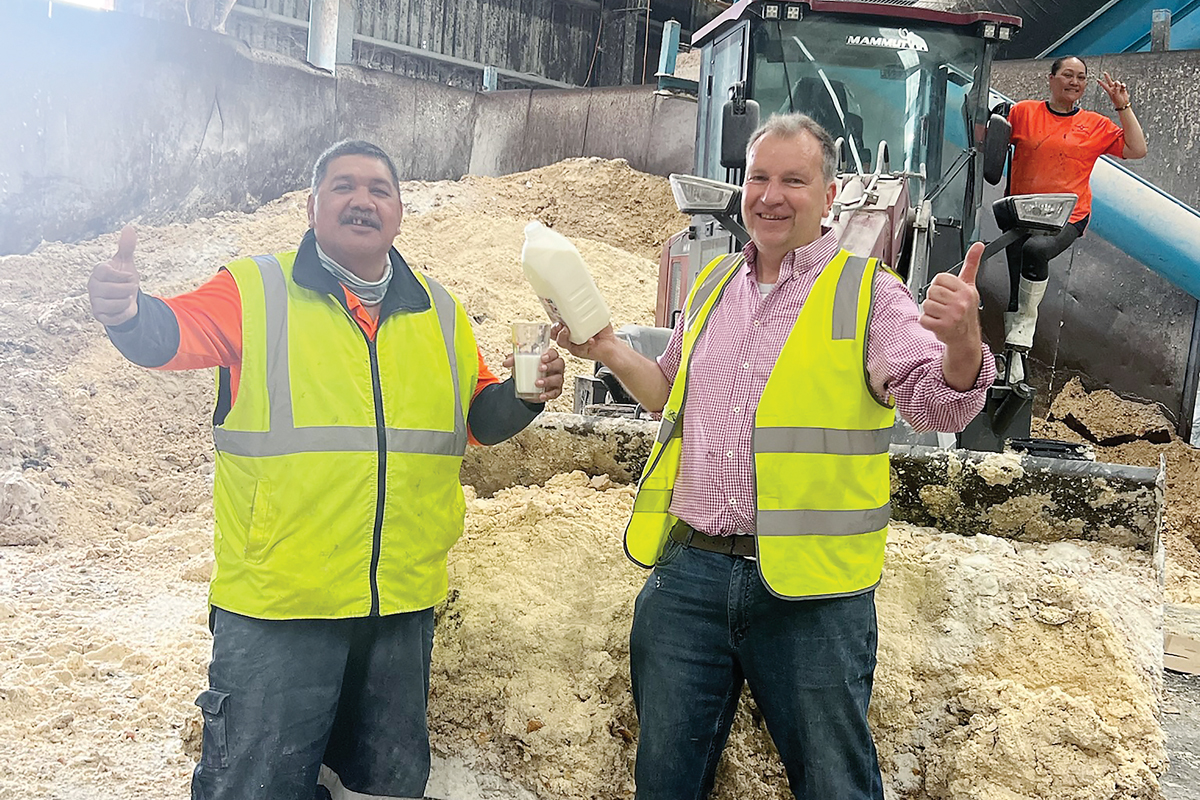A BUSINESSMAN who spearheaded plastic recycling in Victoria is hoping to turn a tip on the Mornington Peninsula into a multi-million dollar “recycling park incubator”.
Urban Mining Industries managing director Edward Meysztowicz said his idea came from seeing the need for a circular economy, jobs creation and sustainability, and realising that the recycling industry could address all three issues.
Meysztowicz says his idea will create jobs for the future on the peninsula and support the development of the hydrogen economy by converting waste plastic into hydrogen.
The proposal includes relocating Melbourne-based food, plastics and tyre recycling plants to the Tyabb transfer station, subject to Mornington Peninsula Shire Council approval.
“This will help deliver the council’s own Zero Waste to Landfill 2030 goals and reduce costs for ratepayers, otherwise forced to rely on trucking waste to distant landfill,” Meysztowicz said.
In 2003, Meysztowicz established Branin Recycles in Melbourne to use food waste for stock or cattle food. He says he has turned more than 300,000 tonnes of food waste into new food, in the form of meat and milk. Fifteen years later the company started building a new plastics recycling plant, propelled by Meysztowicz’s own “zero-waste-to-landfill” philosophy.
“The plant converts the plastic film waste in your rubbish bin to new plastic film products like recycling bags. This is the circular economy in action. We want to scale it in the right home,” he said.
Meysztowicz said it was often difficult for recyclers to expand or stay afloat because of high costs, red tape and a “broken system”.
“Right now, if you have a great idea for recycling something, nobody will give you land or insure you, so it can’t start,” he said. “Waste export bans for things like plastic and tyres have met a lack of onshore infrastructure for recycling, so tyres are being dumped on the side of the road or illegally stockpiled, even on the peninsula.
“Plastic is filling warehouses or going to landfill. I am fighting to scale up proven recycling solutions that resolve land and insurance constraints and support the scaling of a circular economy.
“This recycling park will give locals, governments and regulators an insight into what the circular economy looks like.”
Meysztowicz said that despite the doom and gloom in the industry, there was hope for a better future if authorities embraced his notion of a circular economy.
First published in the Southern Peninsula News – 1 November 2022


